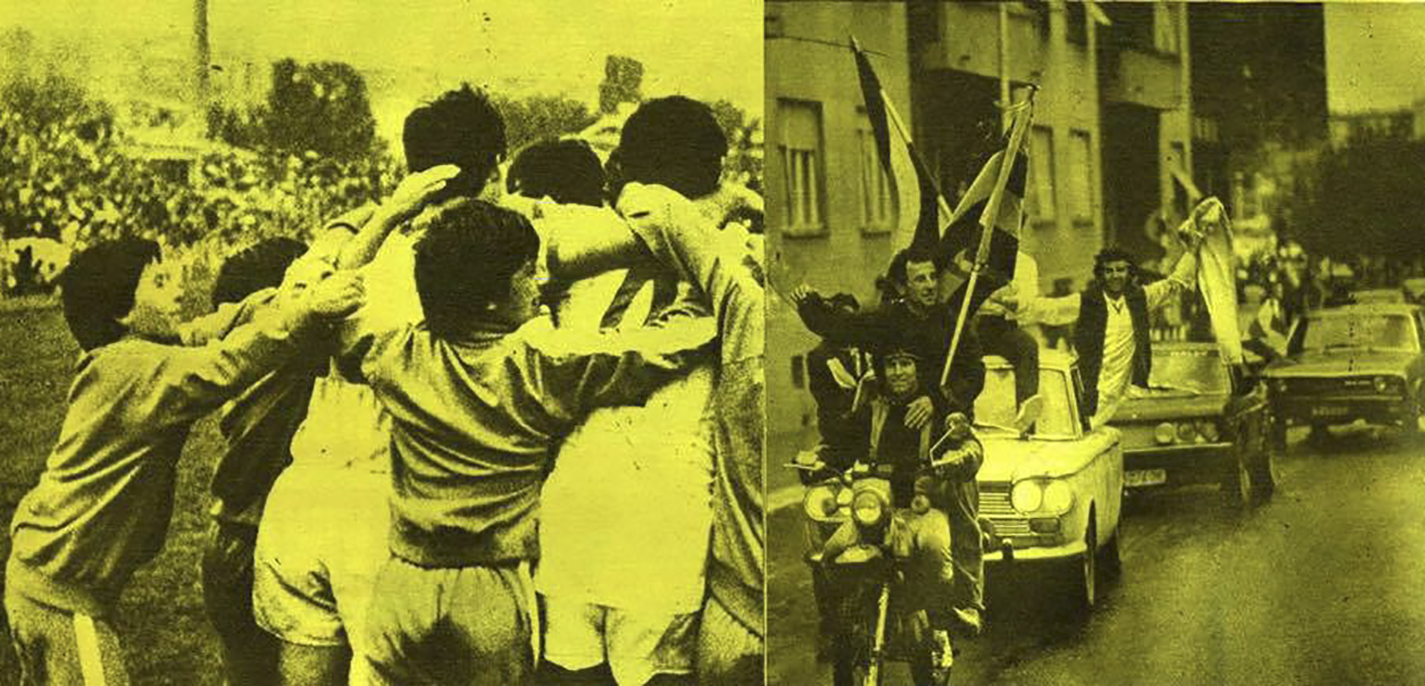
Bringing back the golden age
How can Kosovo’s football clubs improve their performance in European competition?
"The result should be treated as a lesson learnt, a big slap in the face.”
Former Prishtina player and Kosovo under-19 head coach, Ramiz Krasniqi.
Hoi Mun Yee
Hoi Mun Yee is a K2.0 editorial intern (summer 2017), who previously spent three months in the Balkans learning about post-war reconciliation processes and minority rights. He is a Malaysian journalism student studying at Drake University in Iowa, USA
This story was originally written in English.